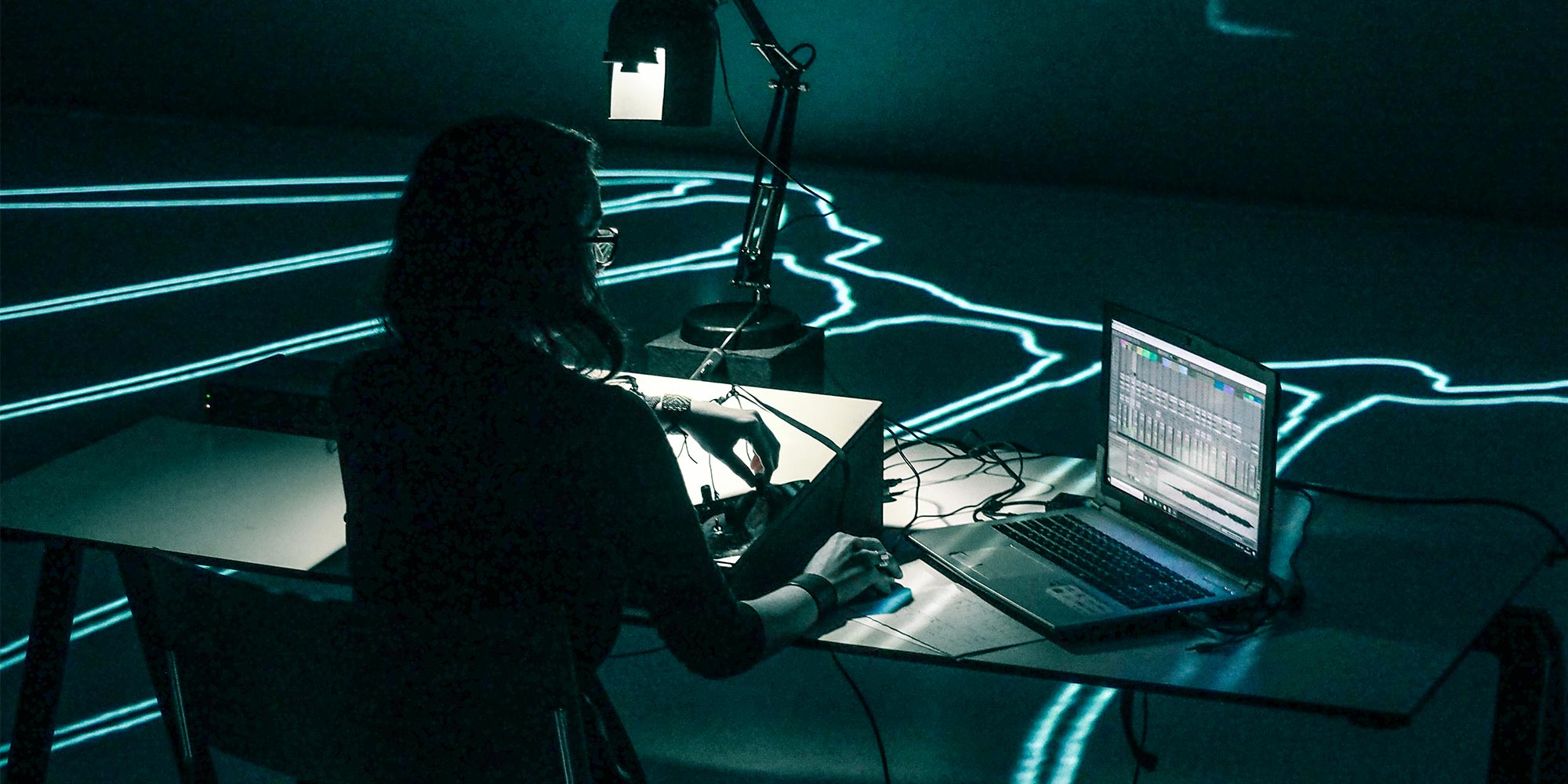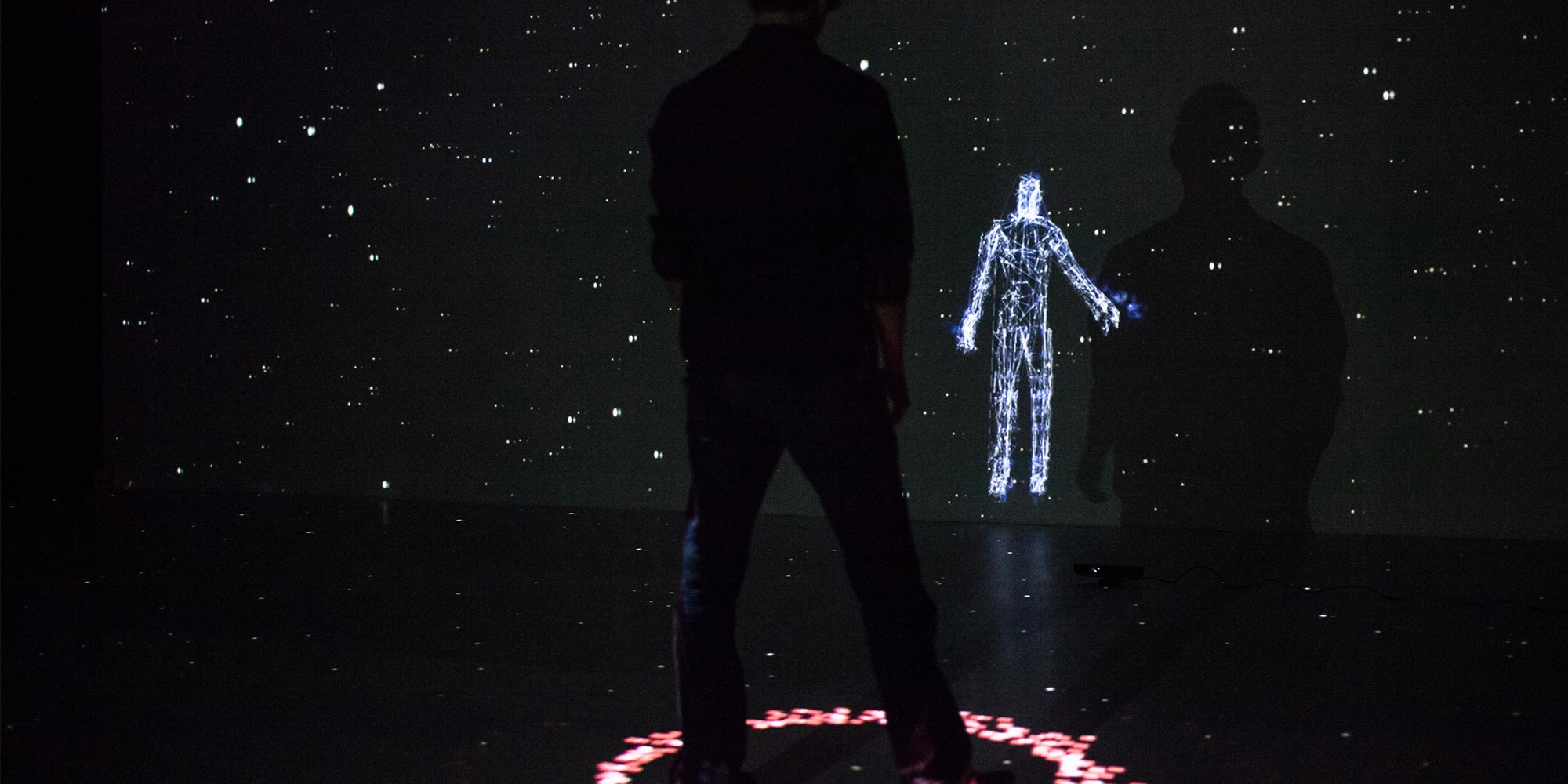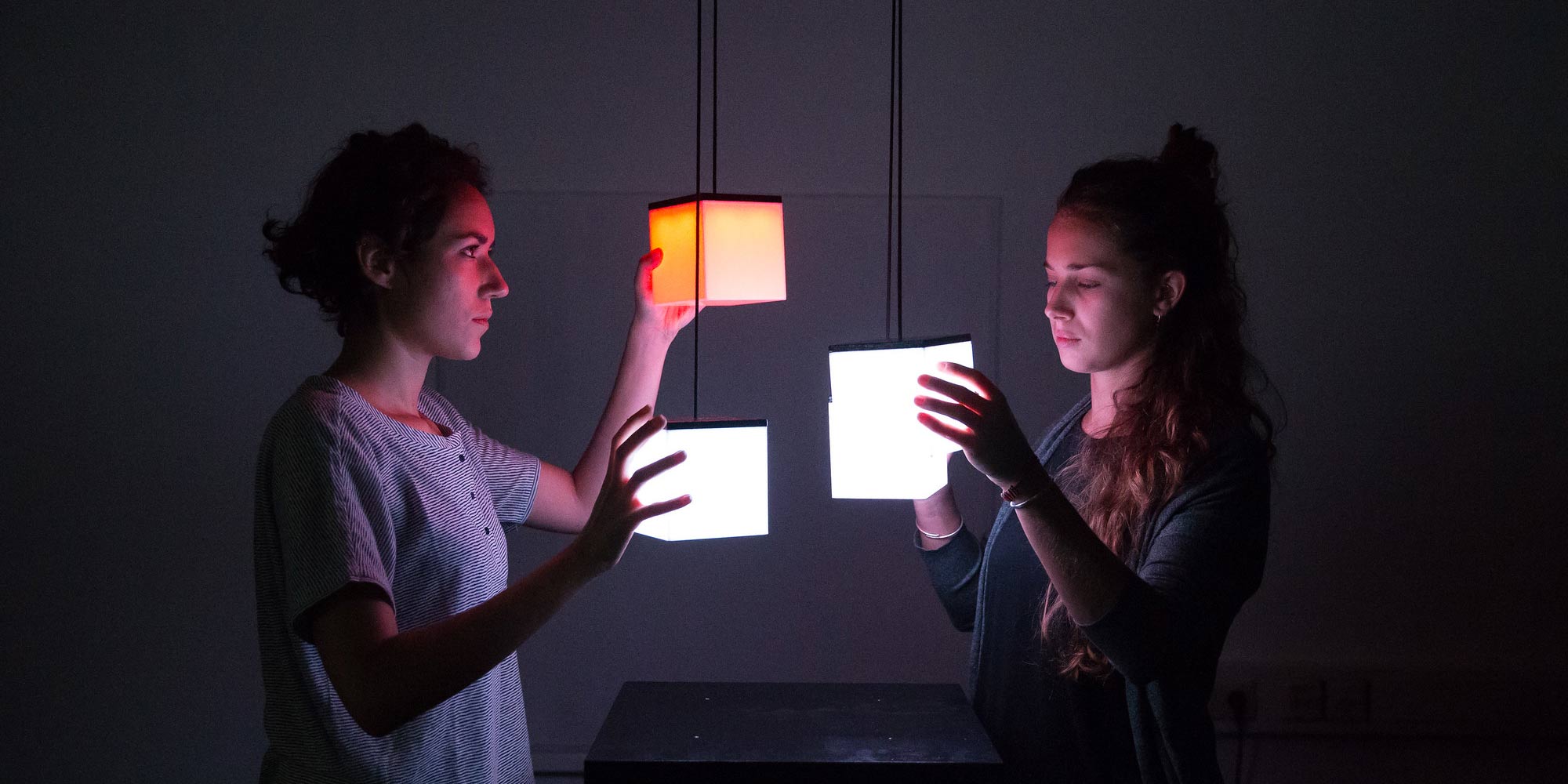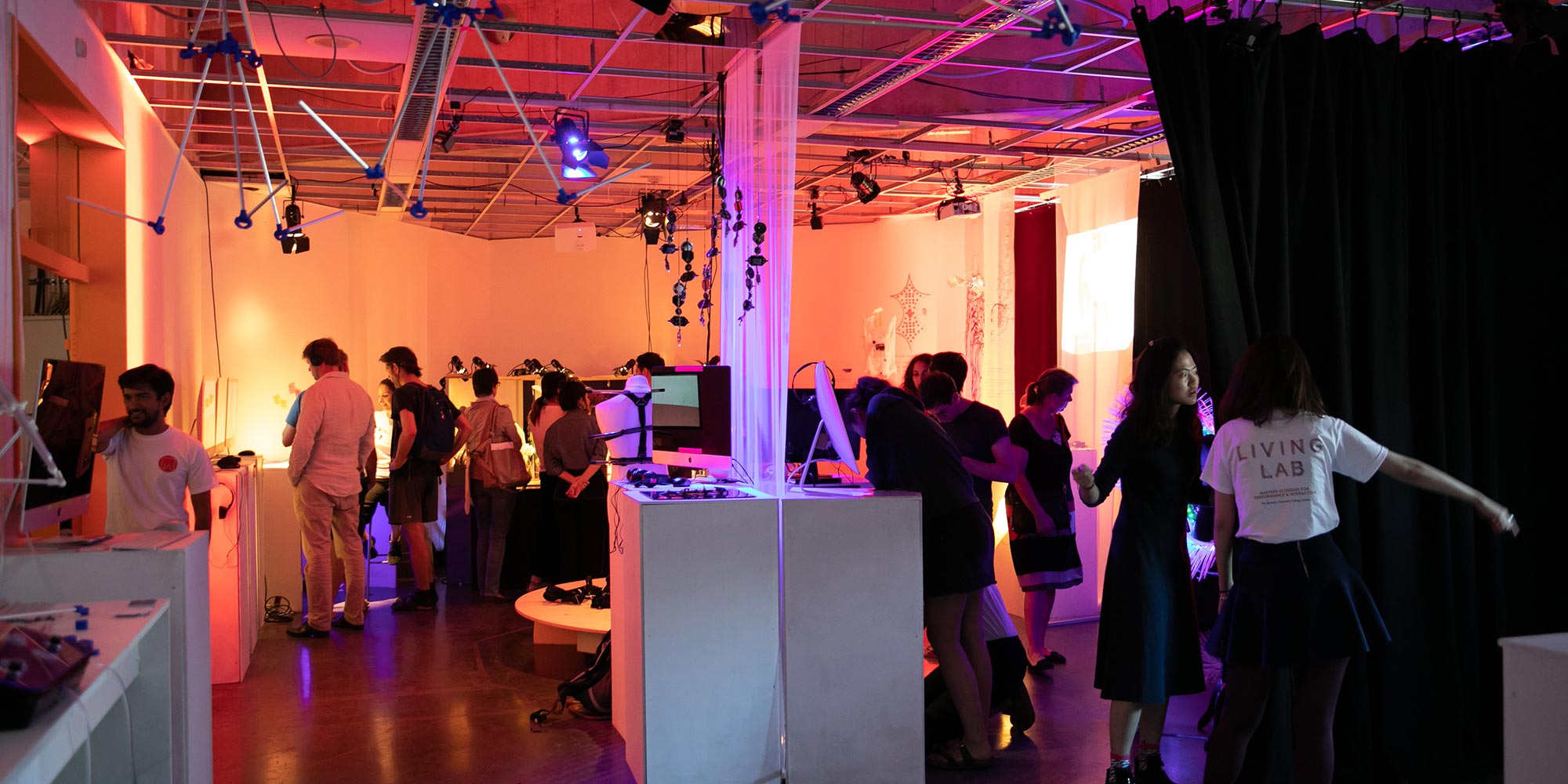
STEAM Inc is an Erasmus+ knowledge alliance that draws together leading transdisciplinary institutions in Europe to develop a program of best practices in higher education STEAM innovation and curriculum. STEAM thinking is a process that promotes collaboration between the arts, science, technology, engineering and maths. STEAM evolved from STEM, an interdisciplinary and applied approach to education understood to deliver the necessary skills for the high-tech and high-value jobs deemed critical for economic prosperity in the 21st century. This position has increasingly been extended to incorporate the benefits that artistic’ practice can provide. Approaches that favour clear application of creativity and imagination, in combination with more typically STEM skills, are considered to be routes to deeper insight and more transformative innovation.
What constitutes creativity and imagination is a potentially contentious point, yet an outlook that focuses on areas of intersection between the arts and sciences can lead to certain, tangible benefits. These can include techniques for collaborating across disciplines, an ability to consider varied perspectives, and skills in identifying points of common ground. Such competencies are combinatorial in nature, and if integrated into a higher education curriculum, will lead to an acceleration in transdisciplinary innovation.
Whilst arguments for supporting STEM are well rehearsed, STEAM, is becoming more and more prevalent in the higher education sector. This is not only as a way of ensuring that students acquire the multi- trans- and inter-disciplinary skills required for the future jobs market, but also to increase intellectual curiosity and, through collaborative approaches, to prime them in developing solutions to multi- aspect global challenges. Furthermore, a higher education institution with STEAM at its centre, is well positioned to develop new and responsive curricula that move beyond the traditional segregation of faculties and schools found in most European universities.
Project Aims:
The STEAM INC project seeks to address this, and the rising importance of STEAM in higher education, by way of three objectives:
- Identify points of intersection across current European higher education STEAM approaches and develop a collaborative definition of STEAM in higher education.
- Produce methodologies for the implementation of STEAM thinking in higher education learning, policy and engagement.
- Create an evaluation framework for measuring the effectiveness of STEAM processes in higher education institutes and higher education partner organisations.
For further information please contact the STEAM Inc project manager at Ars Electronica: Andrew Newman via andrew.newman@ars.electronica.art
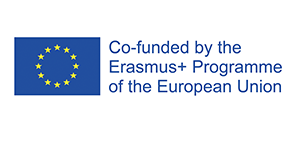
Partners
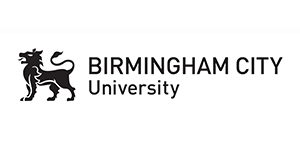
Birmingham City University is the lead coordinator for STEAM Inc. The Institute for Creative Innovation (iCI) within the Birmingham City University provides a unique set of resources to support business growth, innovation, exploration and skills. The institute is committed to working with creative industry organisations locally, nationally and internationally, offering training, research and co-creating innovative delivery solutions. It aims to tackle the major challenges of the future by working across sectors and using creativity to power innovation. The Institute for Creative Innovation at Birmingham City University has been working on cross innovation projects and developing STEAM approaches over the past 10 years. This has culminated in the opening of a physical building for STEAM — a collaborative maker space – known as STEAMhouse which is based in the heart of the city’s creative quarter.
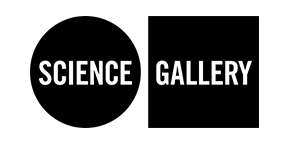
In 2008, a forgotten corner of Trinity College Dublin was transformed into a living experiment called Science Gallery Dublin. Through a cutting-edge programme that ignites creativity and discovery where science and art collide, Science Gallery Dublin encourages young people to learn through their interests. Since its opening, more than three million visitors to the nonprofit gallery have experienced 43 unique exhibitions, ranging from design and violence to light and love, and from contagion and biomimicry to the futures of the human species and play. Science Gallery Dublin develops an ever-changing programme of exhibitions and events fuelled by the expertise of scientists, researchers, students, artists, designers, inventors, creative thinkers and entrepreneurs. The focus is on providing programmes and experiences that allow visitors to participate and facilitate social connections, always providing an element of surprise.
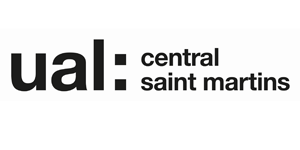
The University of the Arts London is Europe’s largest specialist arts and Design University, bringing together six arts, design, fashion and communication Colleges: Central Saint Martins, London College of Communication; London College of Fashion, Camberwell, Chelsea and Wimbledon College of Arts. The university specializes entirely in design, the arts, fashion, architecture, communication and media. Central Saint Martins is actively engaged in research into STEAM methods and approaches across a range of art, design and communication projects, including working with Camden Steam. New strategies for evolving Knowledge Exchange as a means to drive constructive partnerships within and between higher education and enterprise are at the forefront of curriculum development, and the MA Art and Science is contributing to this process addressing inter- and transdisciplinary approaches to learning, teaching and research in this dynamic STEAM related field of enquiry.

Aalto University was formed through the merging of Helsinki School of Economics, Helsinki University of Technology and the University of Art and Design Helsinki in 2010. Aalto University is organized in six chools: School of Business, School of Arts, Design and Architecture (ARTS), School of Engineering, School of Chemical Technology, School of Science and School of Electrical Engineering. Aalto contributes to address the most pressing societal challenges by combining cutting-edge science with design expertise and business thinking and we are committed to building a sustainable society driven by innovation and entrepreneurship. To this end, Aalto strategy encourages the adoption of transdisciplinary mindset by supporting collaboration between the different schools, as well as through the organization transdisciplinary courses that bring together and combine expertise of students from the different schools.

Technical University Dresden is one of Germany’s largest and most distinguished universities, with a particularly strong focus on research. It has not only expanded its traditional strengths in the engineering sciences, but also has a high degree of visibility in the natural sciences, in medicine and in the humanities and social sciences. Over the past two decades and together with its non-university partner institutions, TUD has transformed itself into a decisive economic factor and innovation driver for both Dresden and the Free State of Saxony. The Centre for Interdisciplinary Learning and Teaching (ZiLL) initiates and supervises programs that support innovation in teaching and learning at TUD, e.g. active learning/teaching as well as digital and blended learning. Exemplary is the FLiK program (research and learning in an interdisciplinary context) which furthers interdisciplinary and research-oriented teaching.
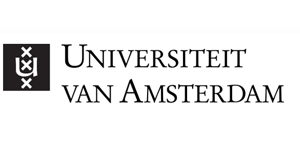
The University of Amsterdam (UvA) is an intellectual hub that traces its roots back to 1632, when the Golden Age school Athenaeum Illustre was established to train students in trade and philosophy. Today the UvA is the largest university in the Netherlands, both in terms of student numbers and choice of study programmes and it is one of the largest general research universities in Europe. The Faculty of Science at UvA is organised in one comprehensive faculty and consists of a College of Science, three Graduate Schools, an Institute for Interdisciplinary Studies, eight research institutes and a support unit. The multidisciplinary research focuses on the major scientific challenges in connection to modern society and labour market of the 21st century. The faculty is setting up new research institutes across traditional disciplinary boundaries and establishes collaboration with small and large companies. The education is often organized across the traditional boundaries within STEM disciplines while the Institute of Interdisciplinary Studies organizes interdisciplinary courses and study programmes across all disciplines at the university including social sciences and art.
